Introduction
In this comprehensive guide, we will delve into the world of Reusable Sanitary Pads – a remarkable alternative to traditional disposable pads that not only provide effective menstrual protection but also contribute to environmental conservation. As awareness of sustainable living and eco-consciousness grows, more women are opting for reusable menstrual products like cloth pads. This article aims to showcase the experience, expertise, authority, and trust in the topic of Reusable Sanitary Pads, providing accurate, relevant, and helpful information to readers.
Reusable Sanitary Pads: An Eco-Friendly Choice
When it comes to menstrual hygiene products, Reusable Sanitary Pads offer an eco-friendly and sustainable alternative to single-use disposable pads. These innovative menstrual pads are made from soft and absorbent materials, providing comfort and protection while reducing the environmental impact. Let's explore the various benefits and features of Reusable Sanitary Pads:
1. Eco-Friendly Materials
Reusable Sanitary Pads are typically crafted from eco-friendly materials like organic cotton, bamboo, or hemp. These natural fibers are free from harmful chemicals, making them safe for both the user and the environment.
2. Reusable and Durable
As the name suggests, these pads are reusable and can last for years with proper care. Unlike disposable pads that end up in landfills, Reusable Sanitary Pads significantly reduce waste generation.
3. Cost-Effective
Although the initial investment in Reusable Sanitary Pads may be higher, they prove to be cost-effective in the long run, as they eliminate the need for monthly purchases of disposable pads.
4. Customizable Absorbency
Many Reusable Sanitary Pads come with customizable absorbency levels, allowing users to adjust the pad according to their flow.
5. Breathable and Comfortable
The natural fibers used in these pads provide breathability, reducing the risk of skin irritation and discomfort during menstruation.
6. Stylish Designs
With a wide range of colors and patterns, Reusable Sanitary Pads offer a stylish and personalized touch to menstrual care.
The Environmental Impact of Disposable Pads
Disposable menstrual pads, commonly made with synthetic materials, plastic, and chemical additives, contribute to environmental pollution and pose a threat to ecosystems. Let's examine the environmental impact of disposable pads:
7. Non-Biodegradable Waste
The majority of disposable pads are non-biodegradable, leading to long-lasting waste that accumulates in landfills and oceans.
8. Plastic Pollution
Disposable pads contain plastic components, which release harmful microplastics when discarded, polluting water bodies and harming marine life.
9. Carbon Footprint
The production, distribution, and disposal of disposable pads contribute to greenhouse gas emissions, exacerbating climate change.
10. Resource Depletion
The manufacturing of disposable pads consumes significant amounts of resources like water and energy.
How Reusable Sanitary Pads are Revolutionizing Menstrual Hygiene
Reusable Sanitary Pads have sparked a menstrual hygiene revolution, and here's why they are becoming increasingly popular:
11. Healthier Option
Unlike some disposable pads that may contain chemicals, dyes, and fragrances, Reusable Sanitary Pads are chemical-free, reducing the risk of allergic reactions and skin irritation.
12. Enhanced Comfort
The soft and natural materials used in Reusable Sanitary Pads offer superior comfort during menstruation, promoting a positive menstrual experience.
13. Empowerment Through Choice
By choosing Reusable Sanitary Pads, women actively participate in sustainable practices, empowering themselves and supporting eco-friendly initiatives.
14. Reduced Landfill Waste
With each woman making the switch to Reusable Sanitary Pads, the amount of menstrual waste in landfills significantly decreases, benefiting the environment.
15. Supporting Local Economies
Many Reusable Sanitary Pads are handcrafted by local artisans, providing livelihood opportunities and supporting local economies.
Frequently Asked Questions (FAQs):
Q: How often should I change a Reusable Sanitary Pad?
A: Reusable Sanitary Pads should be changed every 4 to 6 hours or as needed, depending on your flow. After use, rinse the pad with cold water before storing or washing.
Q: Can I use Reusable Sanitary Pads for heavy flow days?
A: Yes, many Reusable Sanitary Pads come with customizable absorbency levels, making them suitable for heavy flow days.
Q: How do I wash and care for Reusable Sanitary Pads?
A: After use, rinse the pad with cold water to prevent staining. Store used pads in a wet bag or container until you're ready to wash them. Machine or hand wash with mild detergent, and avoid using bleach or fabric softeners.
Q: Are Reusable Sanitary Pads leak-proof?
A: Reusable Sanitary Pads are designed with leak-resistant layers, but their effectiveness may vary depending on the brand and style. It's essential to choose a pad that suits your flow and activity level.
Q: Are Reusable Sanitary Pads suitable for sensitive skin?
A: Yes, Reusable Sanitary Pads made from organic cotton, bamboo, or hemp are ideal for sensitive skin, as they are free from harmful chemicals and irritants.
Q: How many Reusable Sanitary Pads do I need?
A: The number of pads required depends on your menstrual flow and how frequently you plan to do laundry. Generally, having a minimum of six to ten pads is recommended.
Conclusion
Choosing Reusable Sanitary Pads is a smart, eco-friendly decision that benefits both women and the environment. These sustainable menstrual products offer comfort, convenience, and a chance to make a positive impact on the planet. By embracing Reusable Sanitary Pads, women can take charge of their menstrual health while contributing to a greener and more sustainable world.


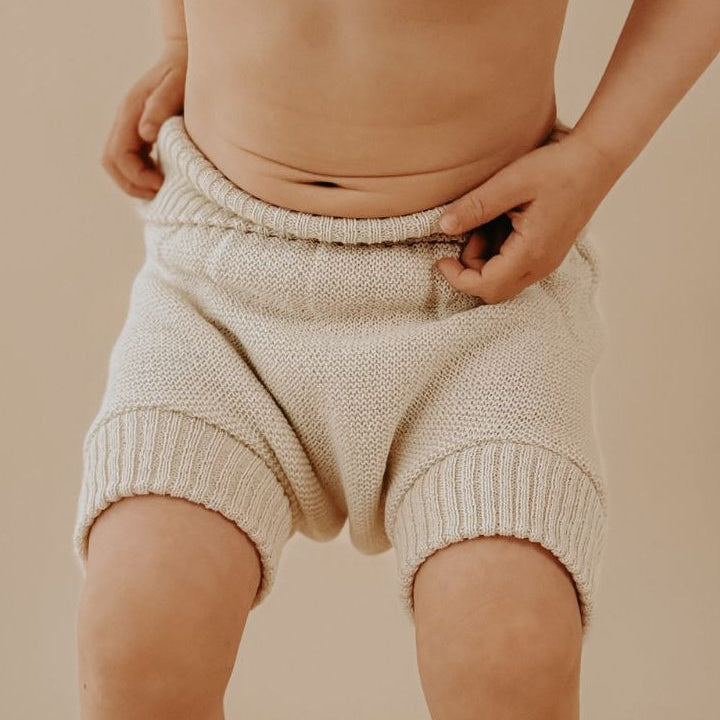
![Swim Nappy Bundle [Ship Oct 5 - 10] - Mimi & Co](http://mimiandco.com.au/cdn/shop/files/swim-nappy-bundle-ship-oct-5-10-5796576.jpg?v=1761125410)

![Tiny Transitions™ Training Undies [January Preorder] - Mimi & Co](http://mimiandco.com.au/cdn/shop/files/tiny-transitions-training-undies-january-preorder-9963304.jpg?v=1765939975&width=1200)
![Reusable Bamboo Mimi™ Wipes [5 Pack] - Mimi & Co](http://mimiandco.com.au/cdn/shop/files/reusable-bamboo-mimi-wipes-5-pack-7600782.jpg?v=1761445103)


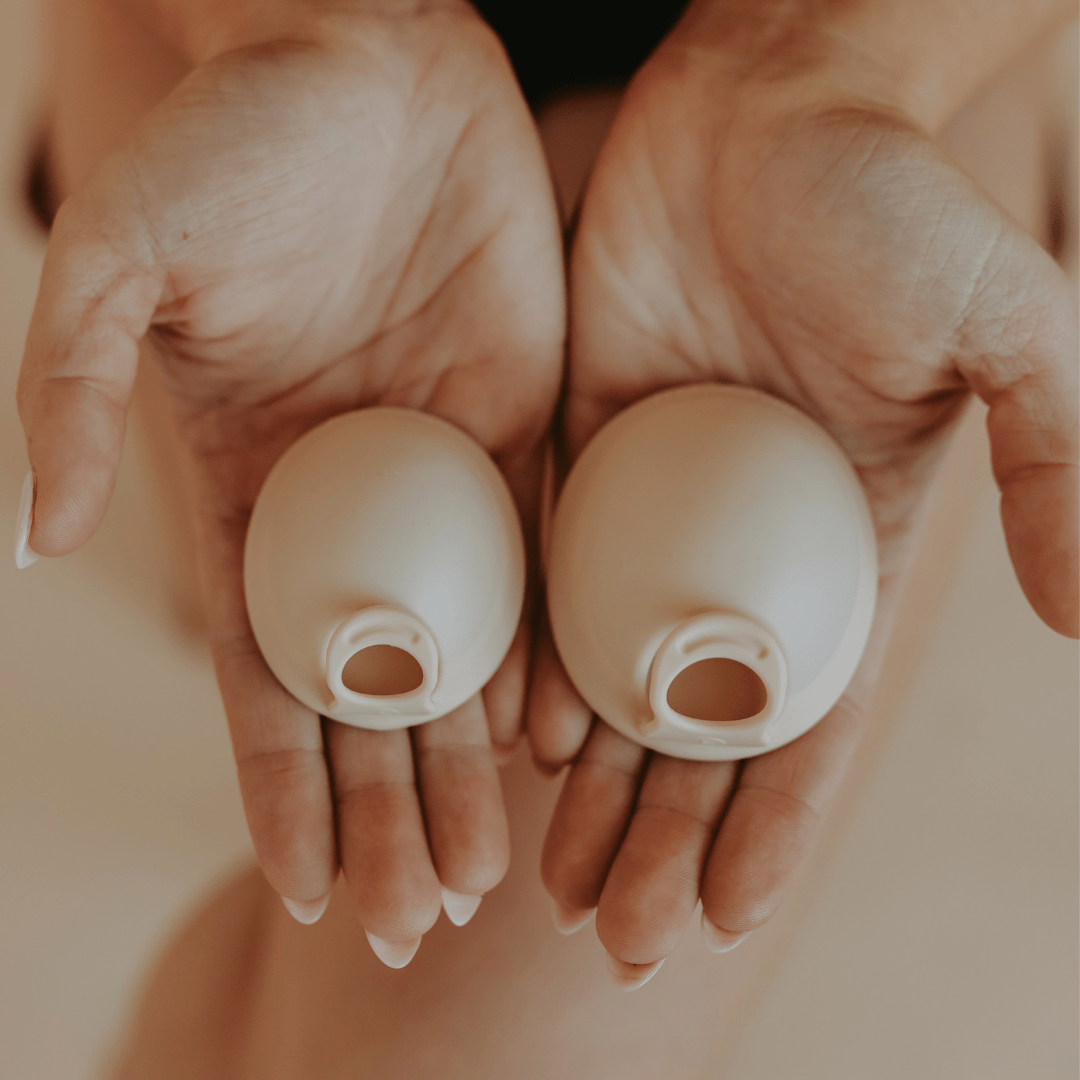
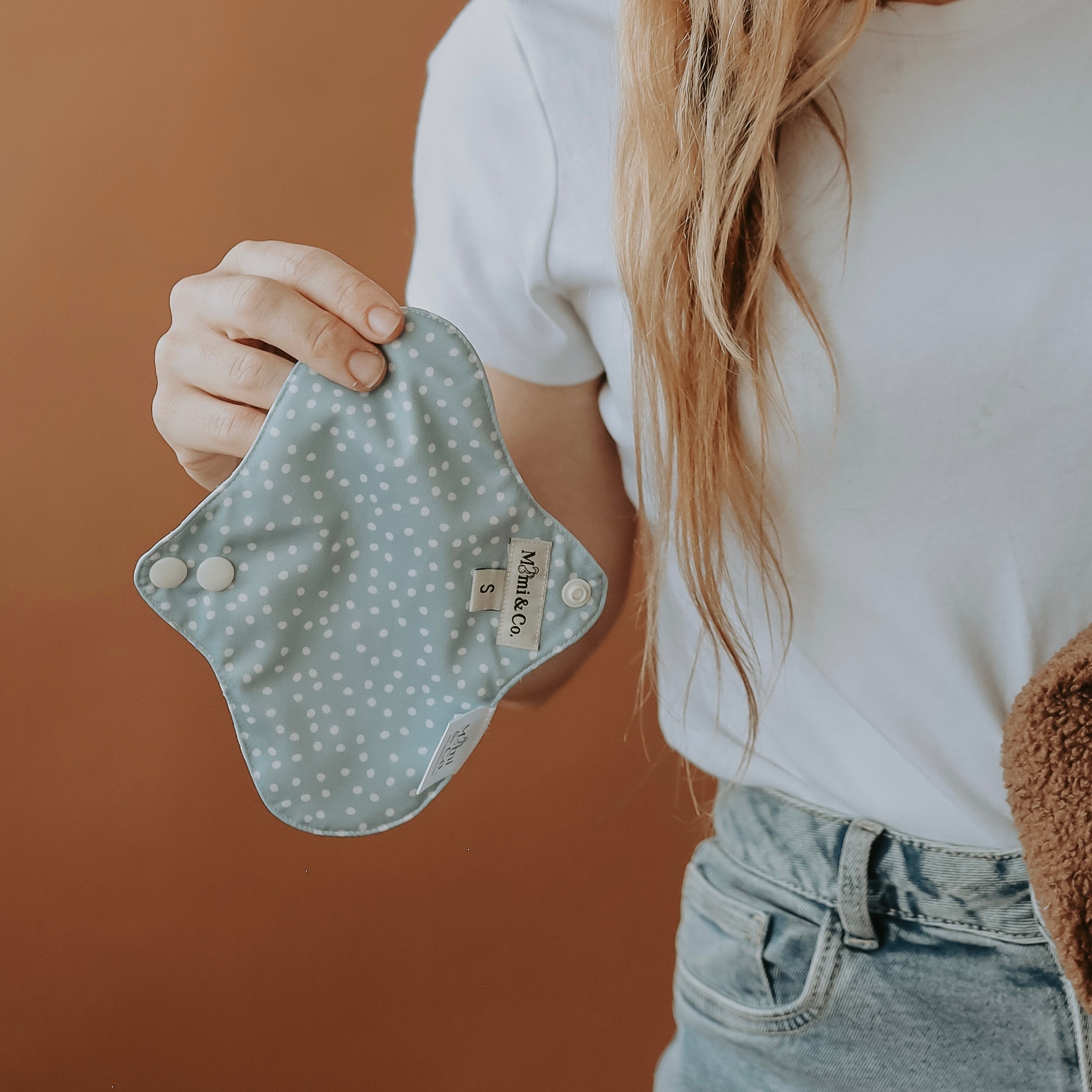
![Reusable Mimi® Menstrual Underwear [Shipping 31/9] - Mimi & Co](http://mimiandco.com.au/cdn/shop/files/reusable-mimi-menstrual-underwear-shipping-319-6508918.png?v=1759809525)
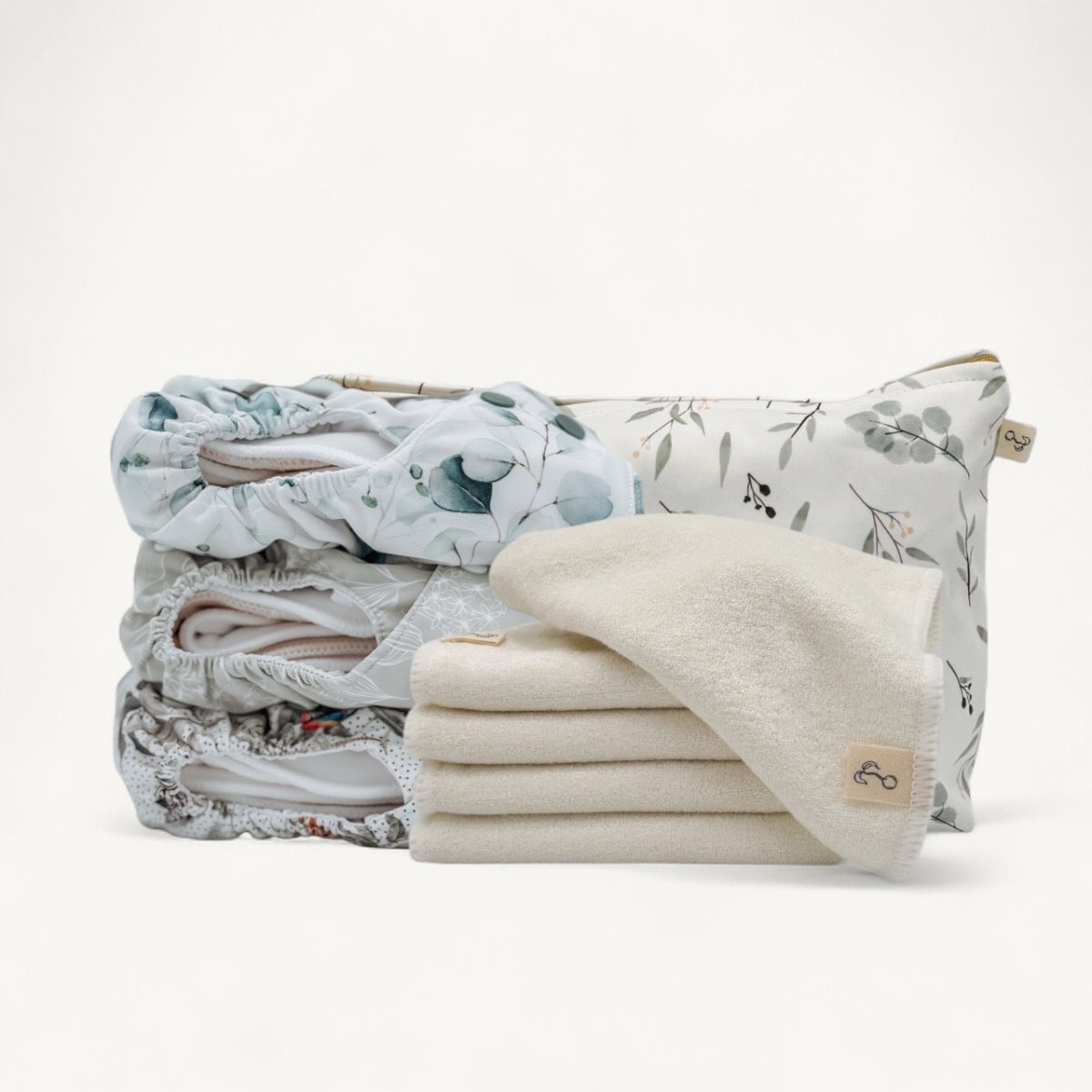




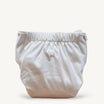
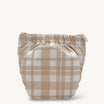
![One Size Fits Most Preflat [PreOrder] - Mimi & Co](http://mimiandco.com.au/cdn/shop/files/one-size-fits-most-preflat-preorder-761880.webp?v=1759809321&width=104)
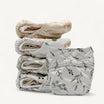


![Tiny Transitions™ Training Undies [January Preorder] - Mimi & Co](http://mimiandco.com.au/cdn/shop/files/tiny-transitions-training-undies-january-preorder-9963304.jpg?v=1765939975&width=104)



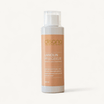

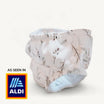

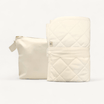

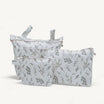
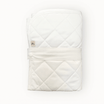


![Reusable Bamboo Wipes [5 Pack] - Mimi & Co](http://mimiandco.com.au/cdn/shop/files/reusable-bamboo-wipes-5-pack-580411.webp?v=1764820089&width=104)
![Organic Cotton Wipes [5 Pack] - Mimi & Co](http://mimiandco.com.au/cdn/shop/files/organic-cotton-wipes-5-pack-7079645.png?v=1759809401&width=104)
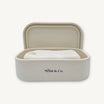
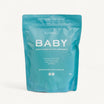
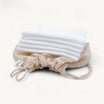
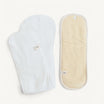

![Reusable Mimi® Menstrual Underwear [Shipping 31/9] - Mimi & Co](http://mimiandco.com.au/cdn/shop/files/reusable-mimi-menstrual-underwear-shipping-319-6508918.png?v=1759809525&width=104)
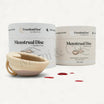
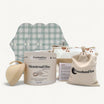







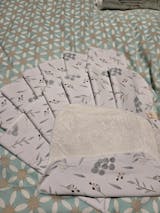
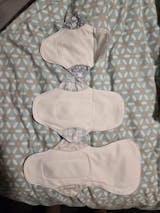





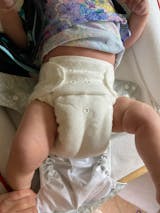


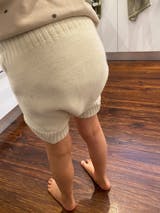

Leave a comment
All comments are moderated before being published.
This site is protected by hCaptcha and the hCaptcha Privacy Policy and Terms of Service apply.